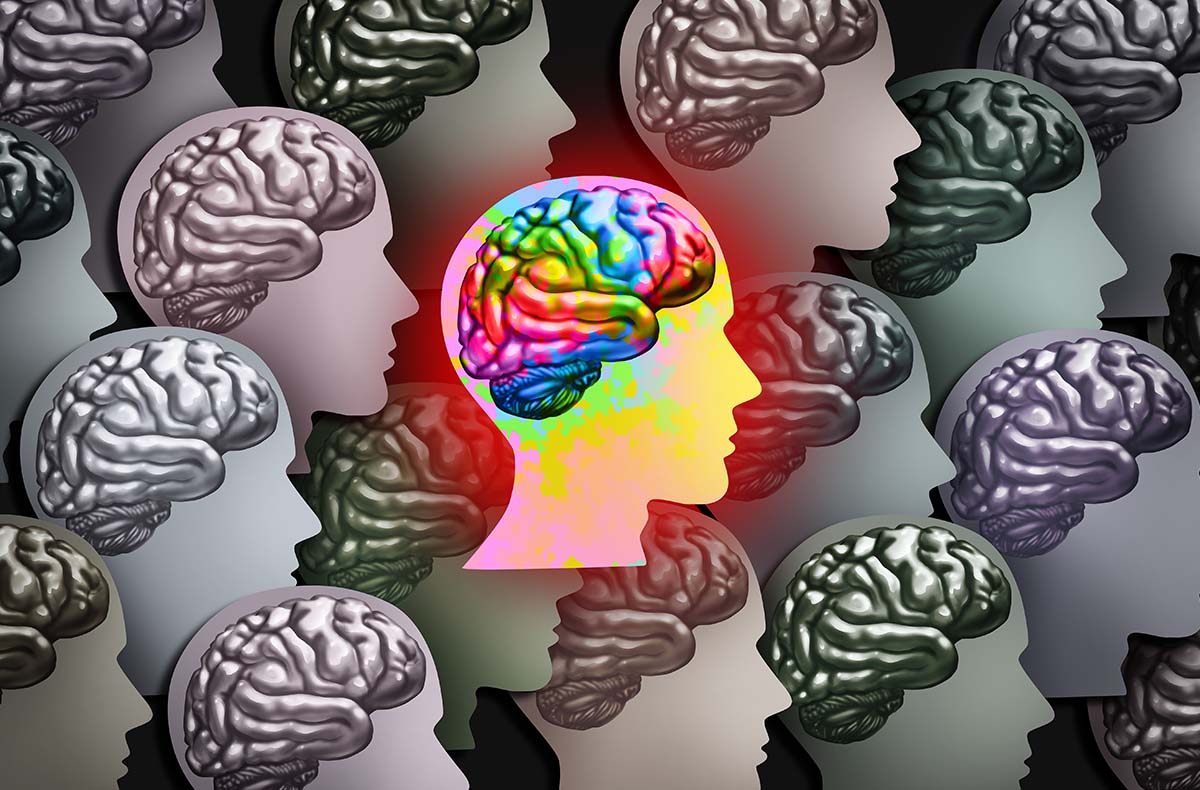
I have never considered myself disabled: the thought has never even crossed my mind, and yet I was diagnosed with something that, technically speaking, is a disability and makes me neuro-diverse. To the general public, to those who don’t know me, I am a perfectly “normal” twenty-four-year-old, but in reality, I am a twenty-four-year-old who has had a diagnosis of Tourette Syndrome since I was seven, and who has been living with tics since the age of five.
Tourette Syndrome is described on the NHS Website as “a condition that causes a person to make involuntary sounds and movements called tics.” People with Tourette Syndrome can often have what are called co-morbidities, for example, ADHD, learning difficulties or Obsessive Compulsive Disorder (OCD)—for me, it was the OCD tendencies.
I don’t really remember a time before my tics, so for me, life with Tourette’s is all I have ever really known. For this reason, it would be easy for people to assume that my diagnosis has not impacted my life in a noticeable way. However, this is not the case. I can remember being at school and being mimicked as I was ticcing, all for the sake of other students having a good ol’ laugh at the girl with Tourette’s. I can remember my vocal tics getting so loud and disruptive that a couple of members of staff at school would ask who was interrupting their lesson, forcing me (bearing in mind I was the typical “quiet girl” at school) to put my hand up and explain in front of the entire class that sadly, that noise was coming from me and that I have absolutely no control over it.
As I said above, despite all the issues I found myself facing with Tourette’s, I never once considered myself disabled—or anywhere near disabled. It wasn’t until a recent conversation with my mum that I discovered that, actually, yes, Tourette Syndrome is a disability, and it makes me neuro-diverse. This then got me thinking: why didn’t I ever consider my Tourette’s to be a disability? Was it because I just didn’t feel it affected me enough? Or was it because I didn’t want that label shoved upon me?
Or was it a bit of both?
The thing about the label of Tourette Syndrome is that most people will make assumptions—mainly about the swearing tic, officially known as coprolalia. I have lost count of how many times I have revealed my diagnosis to someone, and the first question they ask is whether I swear a lot because of it. Did you know that 90% of people with a diagnosis of Tourette’s do not have coprolalia? (In case you’re wondering, I fall in that 90%).
This brings me to the whole point of sharing my story: given how many misconceptions there are out there surrounding disabilities, is it any wonder that, in a 2019 survey, only 39% of employees with disabilities had disclosed their disability to their manager?
Is this because they were scared of any potential repercussions or assumptions being made about them and their ability to do their job the same as anyone else? Or is it because they simply did not feel comfortable discussing their disability with their manager or HR Team? Or could it be because they were worried that they would be treated unfairly in the workplace? Whatever the reason may be, this statistic is just shockingly sad to see.
So, what can we do about it?
I know we are not all managers or part of HR teams, but the individual influence is only limited by an unwillingness to help the movement, and I am sure we all want to provide people with disabilities their basic human right to being treated fairly, both in life and in the workplace.
The fact that a person has a disability does not mean they are incapable of doing a job a neurotypical individual could do. Take someone diagnosed with autism, for example. There are various levels of autism (high-functioning and low-functioning), meaning that although one person with the condition might struggle in a front-of-house job (such as receptionist), another person with the same condition might find that the same job suits them perfectly. In fact, certain neurodiversities can actually prove an asset in the workplace, as integrating different ways of thinking can result in creative approaches to problem-solving.
In the words of Stephen Hawking, “disability need not be an obstacle to success.”
This is our time to educate everyone on what we can do to help any colleagues with disabilities. We can challenge misconceptions and assumptions when we encounter them. We can highlight any needs for reasonable adjustments for colleagues who may need them, whether it be providing ramps in a building or tweaking policies and procedures, as mentioned on the Gov.UK website. We can help anyone who is disabled to feel as though they fit in by treating them the way you would want to be treated—it isn’t hard.
As someone who has disclosed their disability to a few colleagues in a previous job, I can promise you that any kind of support you can offer your disabled colleagues will make them feel a lot happier in the work environment and a lot more comfortable around you. And if you suspect someone might have a disability that they haven’t disclosed to you yet, please don’t push the matter. I speak from experience when I say they will tell you if and when, they are ready.
Ultimately, the more we work individually to involve and understand the differently-abled around us, the more we all benefit as a collective whole. As Robert M. Hensel so wisely said, “there is no greater disability in society than the inability to see a person as more.”



